By_Suraj Karowa

In the Swat Valley of Pakistan, where the Taliban once silenced girls with threats and gunfire, Malala Yousafzai emerged as a defiant voice for education at just 11. Blogging under a pseudonym for the BBC, she chronicled the Taliban’s iron grip: schools bombed, girls barred from classrooms, lives reduced to shadows. By 15, her words became a threat. On October 9, 2012, a Taliban gunman boarded her school bus and shot her in the head. The world held its breath. Doctors in Pakistan, then Birmingham, pieced her back together—skull rebuilt, spirit unbroken. Malala didn’t just survive; she redefined survival.
Her first memoir, I Am Malala (2013), catapulted her to global fame. At 17, she became the youngest Nobel Peace Prize laureate in 2014, sharing the honor with Indian activist Kailash Satyarthi. Funds poured in; the Malala Fund was born, championing girls’ education worldwide. She addressed the UN, met presidents, and symbolized resilience. But behind the podiums, the “Malala myth” weighed heavy—a saintly icon, not a teenager craving normalcy. “The world knew my name at 15, but no one really knew me,” she writes in her new memoir, Finding My Way (Atria Books, October 21, 2025).

This second book, a raw, humorous dispatch from adulthood, peels back the halo. Now 28, Malala grapples with the chasm between her public self—a beacon of defiance—and her private one: a woman navigating love, doubt, and the exhaustion of eternal activism. Thrust into exile in the UK post-shooting, she enrolled at Oxford in 2017, studying philosophy, politics, and economics. Away from Swat’s scars, she unlearned old fears. Dating? Once taboo in her conservative upbringing, where “honor killings” loomed over whispers of romance, it became a quiet rebellion. She coached friends through Tinder swipes, all while swearing off marriage herself. “I feared losing my independence,” she confesses. In a 2021 Vogue interview, she questioned the institution outright: Why formalize love with contracts rooted in patriarchy?
Enter Asser Malik, a 34-year-old Pakistani cricket manager with “wide shoulders and a trimmed beard.” They met in 2018 at Oxford, bonding over shared roots and quiet ambitions. Their courtship was anything but fairy-tale scripted. Long-distance calls bridged Lahore and London; holidays in Lake Placid, New York, tested their fit. Asser wasn’t a savior—Malala had armed security for Toy Story 4 dates—but a partner who challenged her cynicism. He gifted her a telescope for her astronomy phase, mediated with her skeptical parents, and proved marriage could amplify, not eclipse, her voice. In November 2021, they wed in a intimate nikkah ceremony at her Birmingham home, surrounded by family. No grand spectacle; just vows exchanged amid pandemic shadows. “Asser and I tied the knot to be partners for life,” she posted on Instagram, photos glowing with unfiltered joy. They call each other “besties,” a Gen-Z twist on tradition.
Nearly four years on, their life hums with ordinary magic. In June 2025, they co-founded Recess Capital, investing in women’s sports to shatter barriers Malala once faced. A recent Dublin getaway—Oasis concerts, rainy streets—sparked her viral “free relationship advice”: Marry someone older; they’ll introduce you to the ’90s bands you missed. Yet, this domestic bloom raises whispers: Has the activist softened? Finding My Way anticipates the critique, delving into “activism fatigue.” Malala admits the toll—flashbacks triggered by a college weed session, insecurities about her post-shooting appearance, the pressure to embody perfection. “I was a high school loner turned reckless student,” she reveals, clambering bell towers and dancing till dawn to reclaim youth stolen by headlines.
The barbs sharpened in 2024, amid Israel’s war in Gaza. Malala donated $300,000 to Palestinian aid—education, mental health, school rebuilds—and posted visceral grief: “Israel’s cruelty in Gaza makes me sick to my stomach.” She wore a ceasefire pin to events, condemned war crimes, applauded global protests. But fury erupted when she co-produced Suffs, a Broadway musical on American suffragettes, alongside Hillary Clinton. The former U.S. Secretary of State, architect of drone strikes that scarred Pakistan during Obama’s era and a vocal Israel backer who dismissed Gaza ceasefires as naive, embodied complicity for many. “Sellout,” cried Pakistani Twitter. “Partnering with a warmonger while Palestinian girls die?” one user fumed. Critics, from Al Jazeera to TRT World, accused her of “armchair activism”—loud solidarity tainted by elite alliances.
Malala responded swiftly: “I stand with Gaza; no confusion.” She quit the production days later, citing irreconcilable views on the conflict. The backlash, she tells The Guardian, stung but clarified boundaries. It echoes Greta Thunberg’s unyielding path—school strikes at 15, Gaza flotillas at 22, detentions by Israeli forces. Both women, spotlighted young, face the same trap: Is activism a lifelong vigil or space for pause? Malala argues for the latter. “Pausing to recharge isn’t quitting,” she says. Her fund still operates; she’s touring 16 cities for Finding My Way, urging girls to dream beyond survival.
So, what happened to the activist? She’s evolving. The bullet forged a fighter; love and time honed a fuller human—wife, investor, skeptic of her own legend. In Finding My Way, she rejects the binary: No need to choose between romance and rage. Trauma lingers—PTSD drags her to 2012’s bus—but so does agency. Malala’s not “taking a backseat”; she’s steering a wider lane, proving icons bleed, laugh, and love without apology. In a world demanding heroes stay heroic, her quiet revolution whispers: Growth isn’t erasure; it’s expansion. The girl who stared down the Taliban now stares down her reflection, finding both fierce and frail. And in that mirror, a movement multiplies.
Discover more from AMERICA NEWS WORLD
Subscribe to get the latest posts sent to your email.
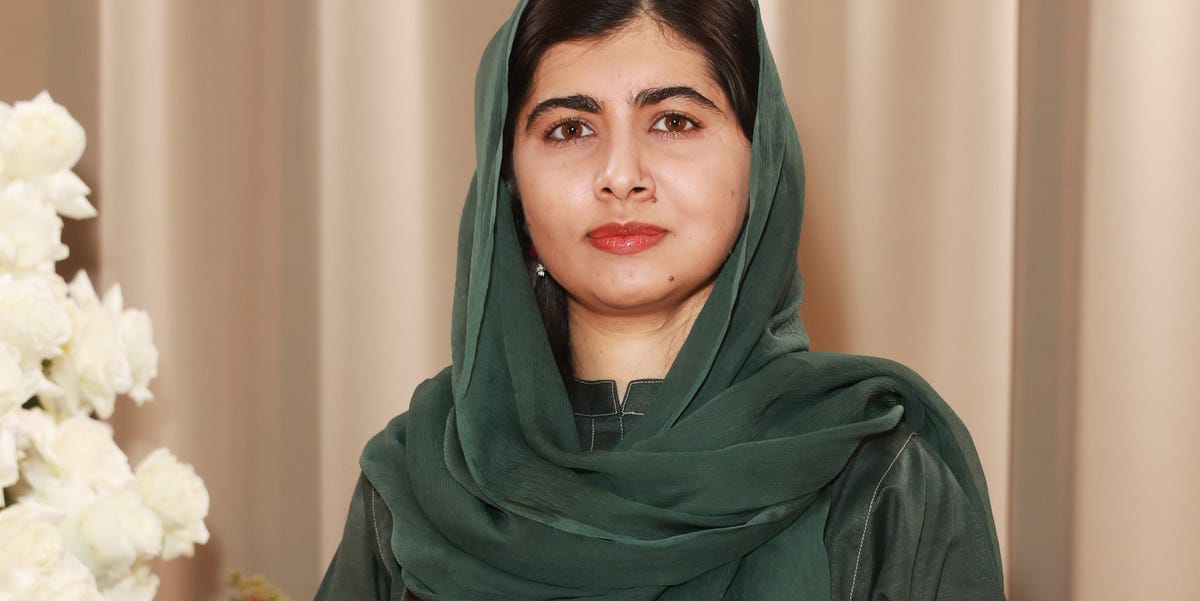


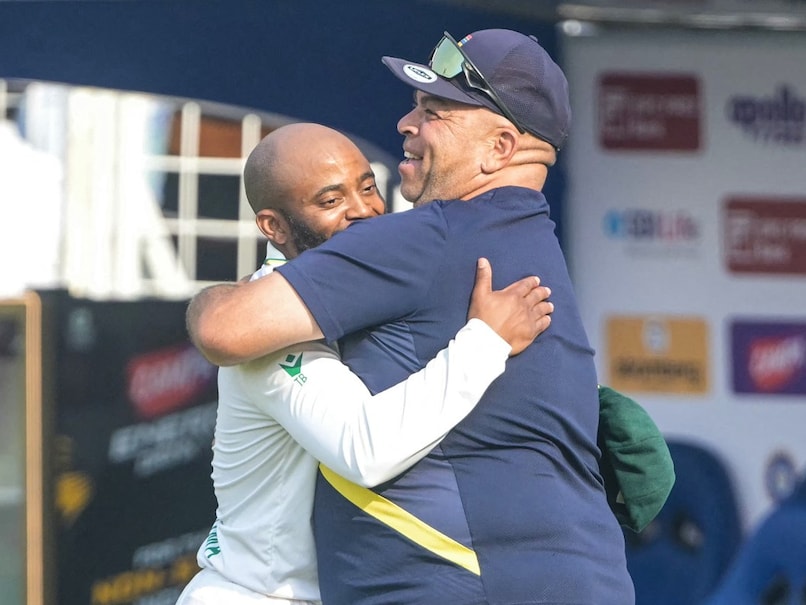

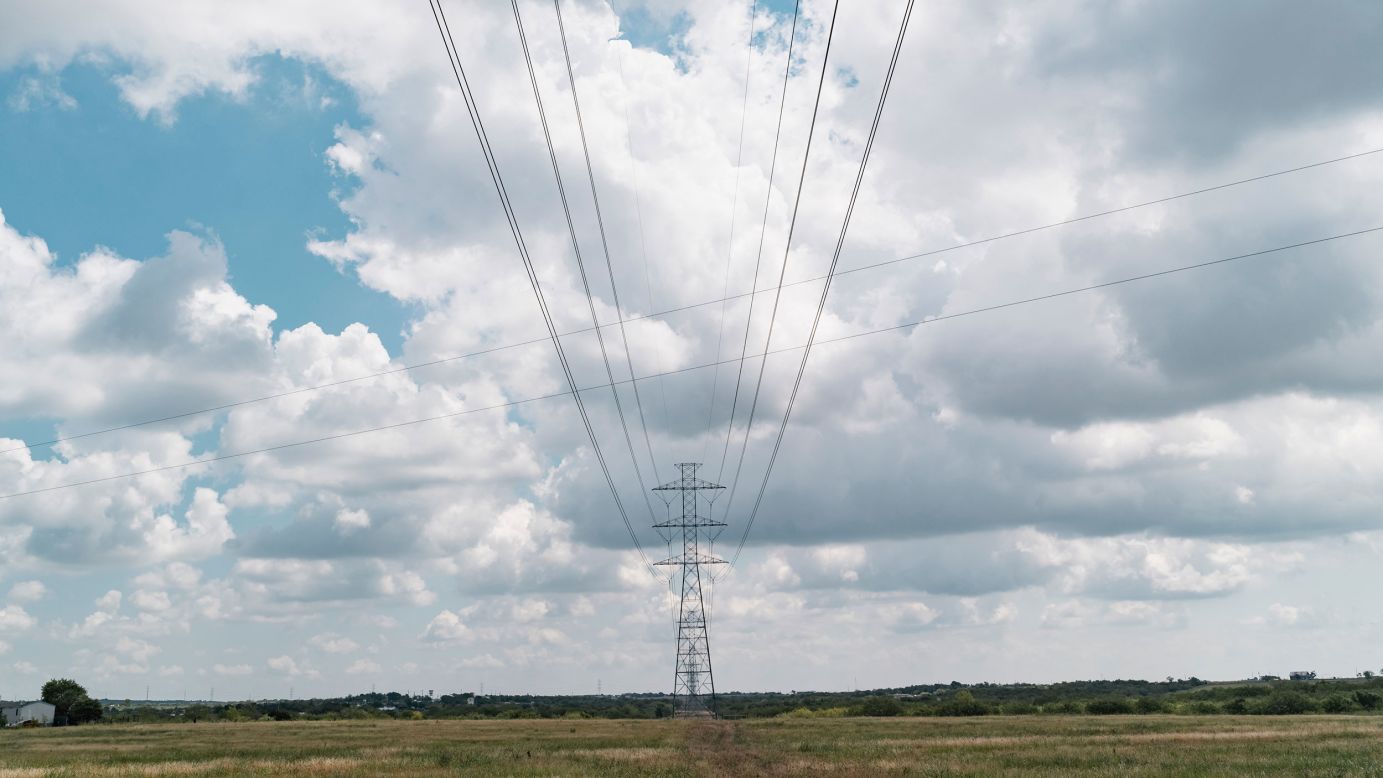
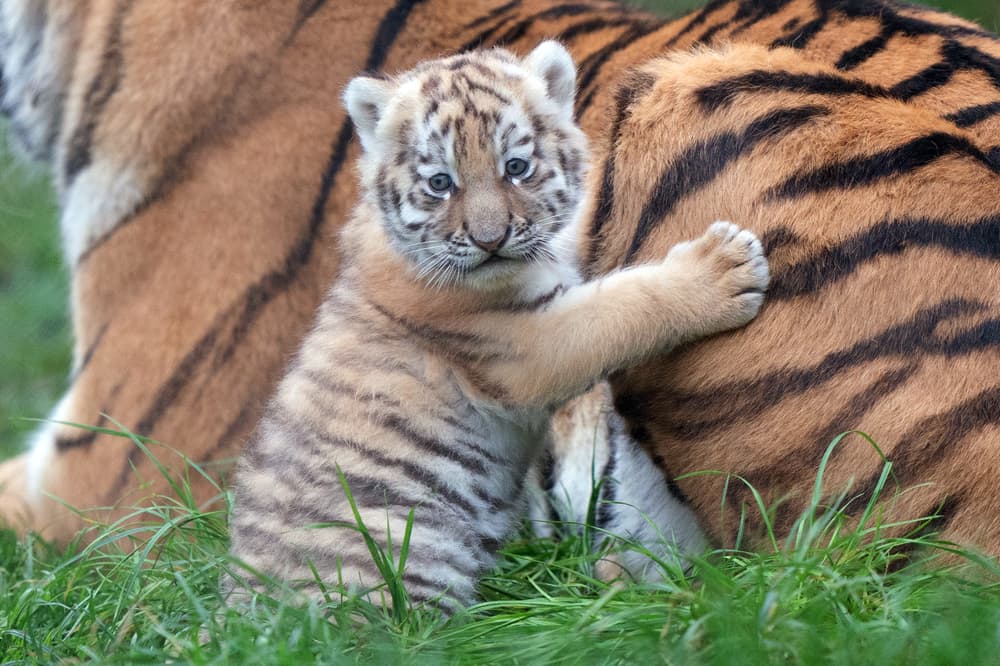






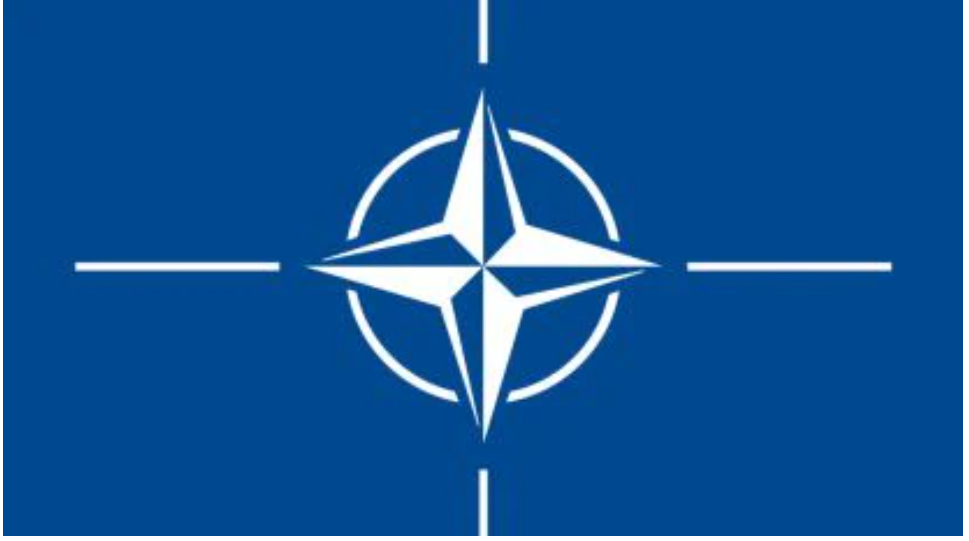


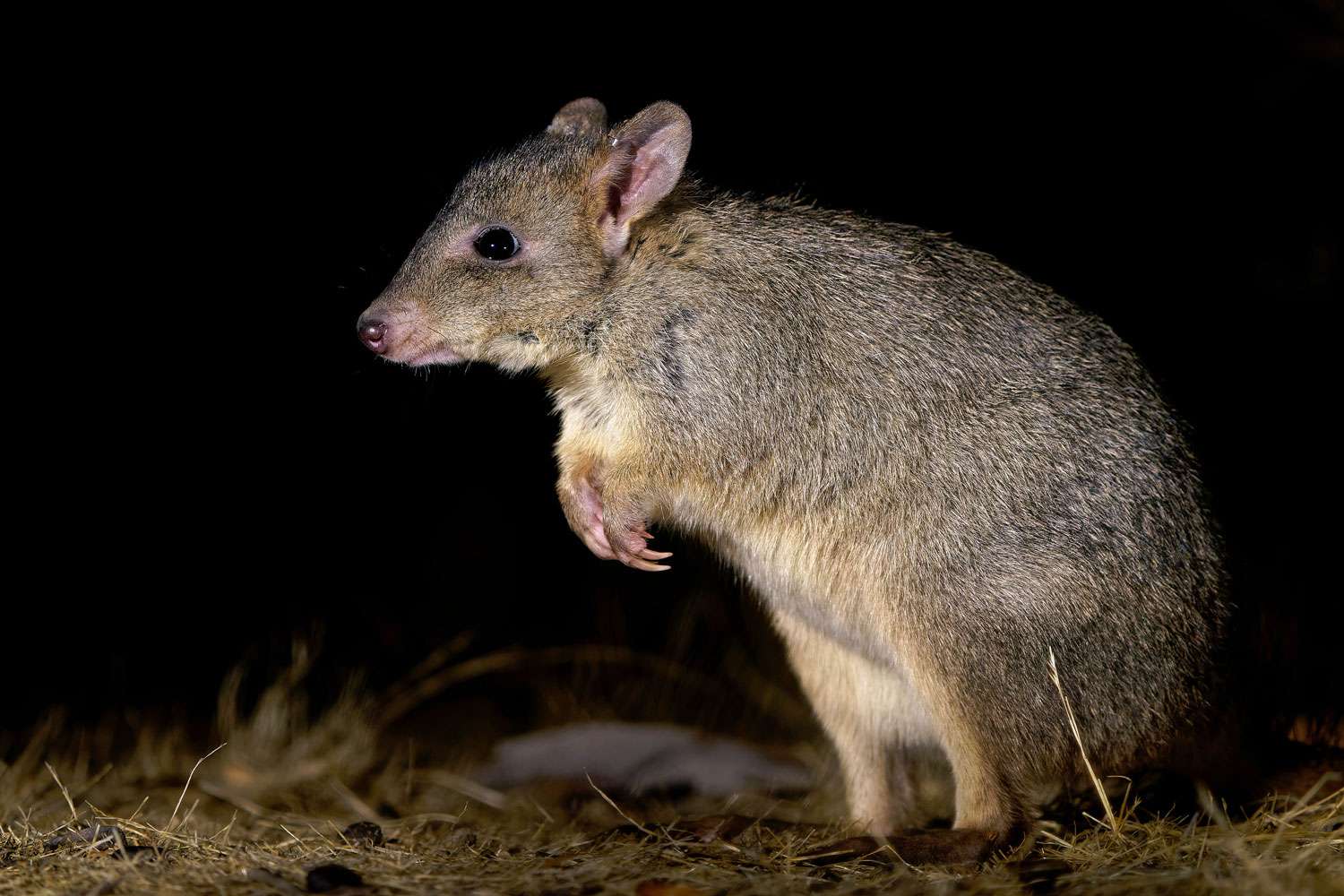
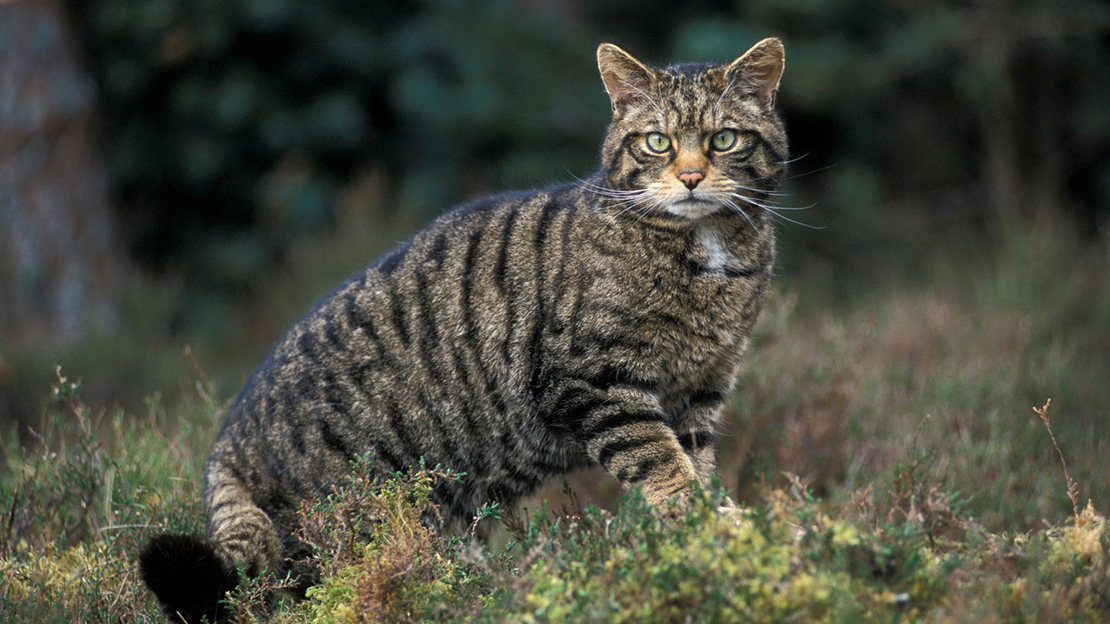
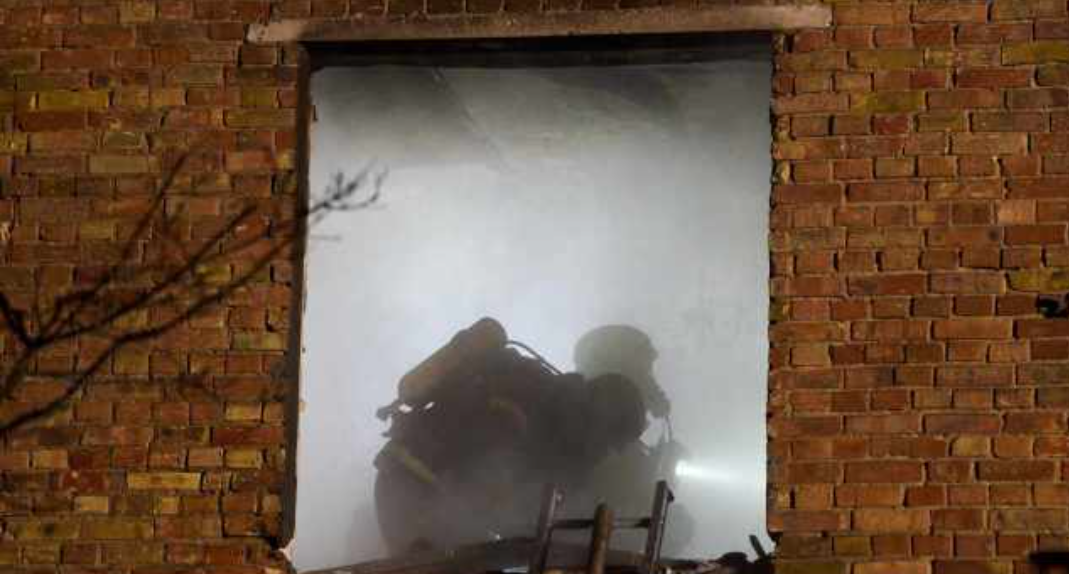
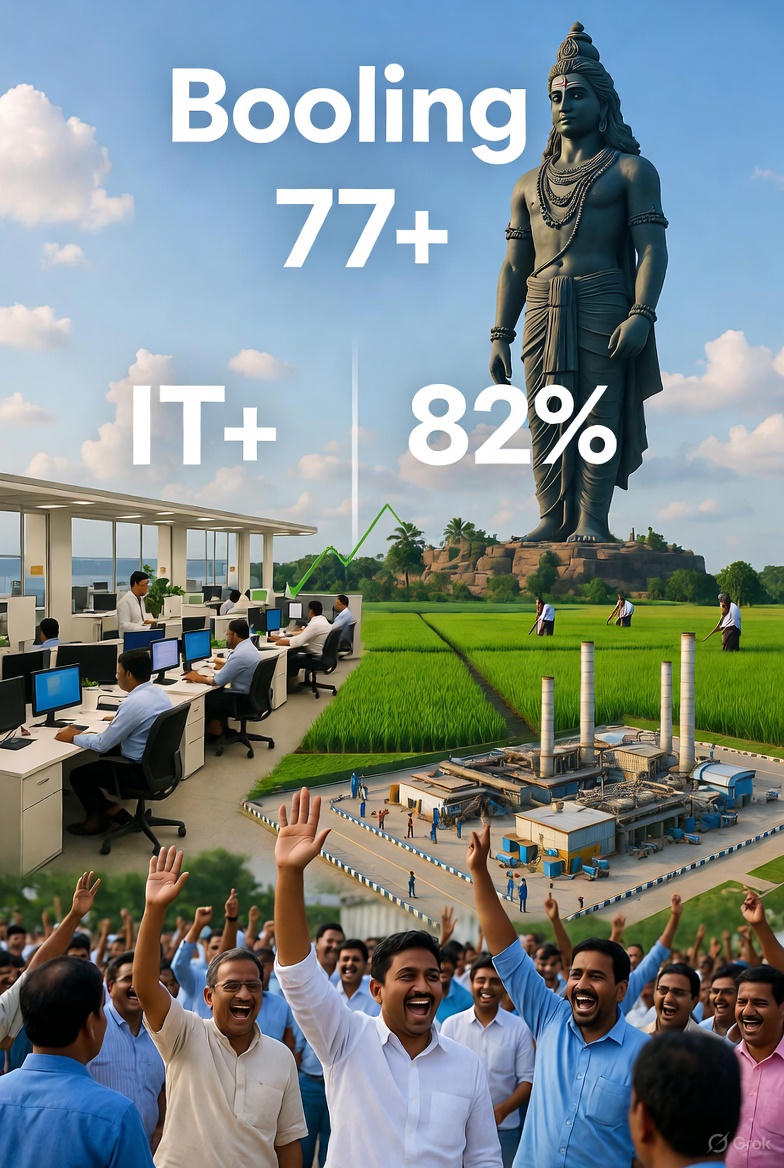


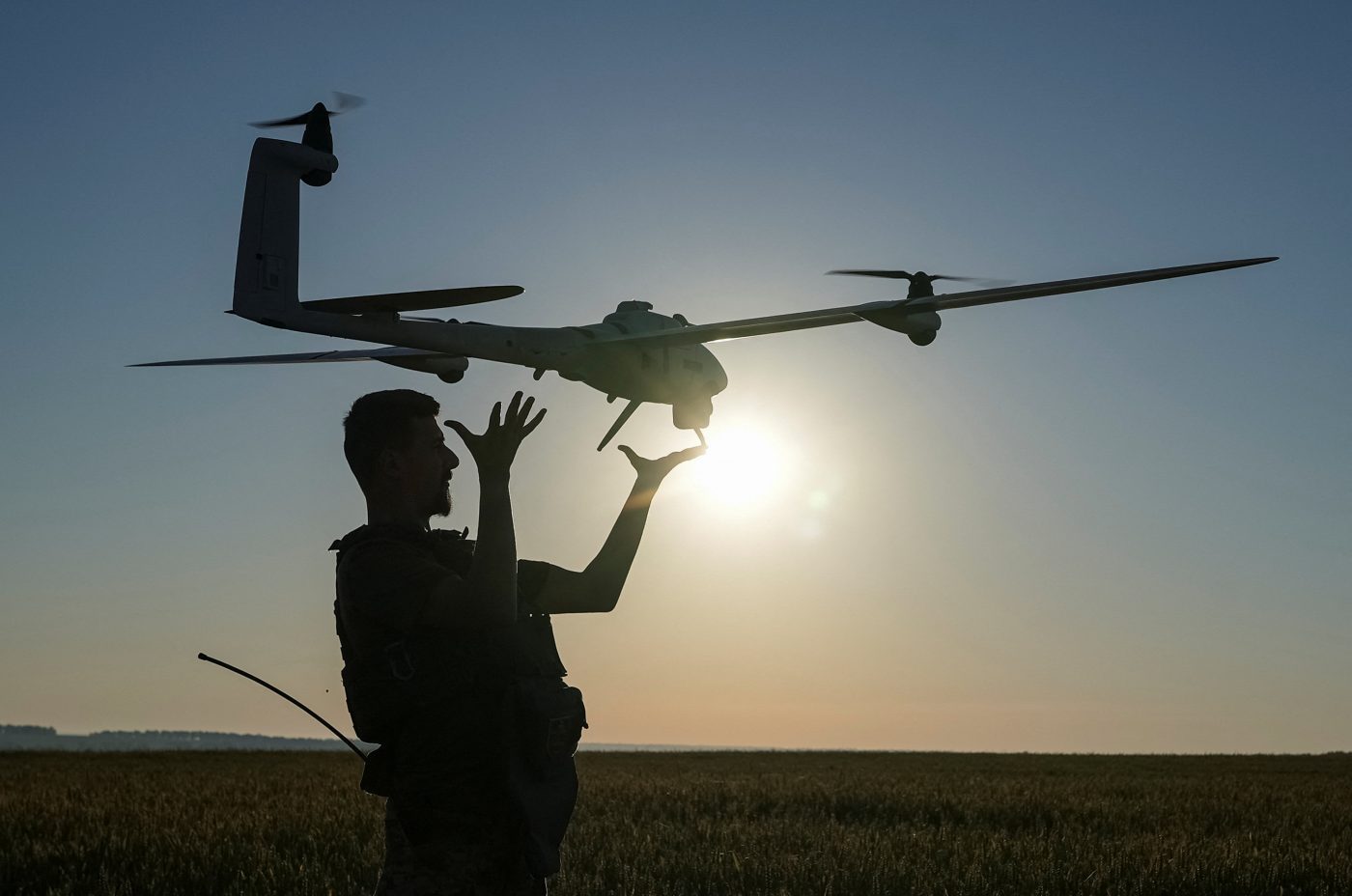



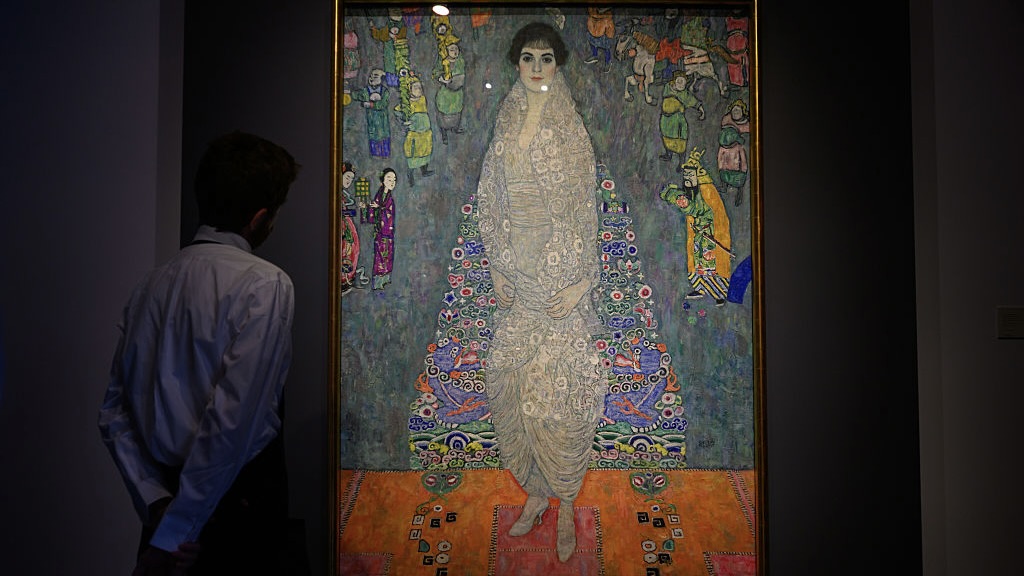
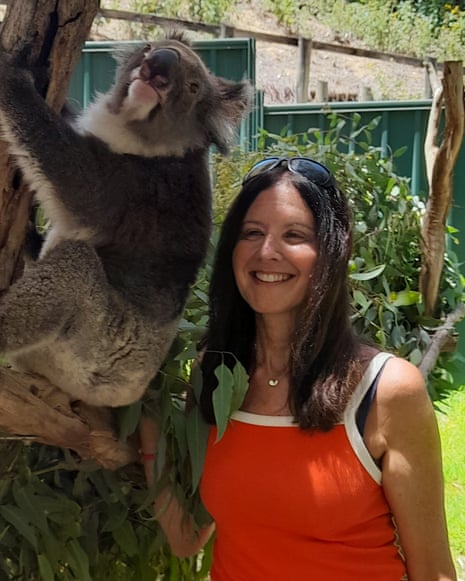
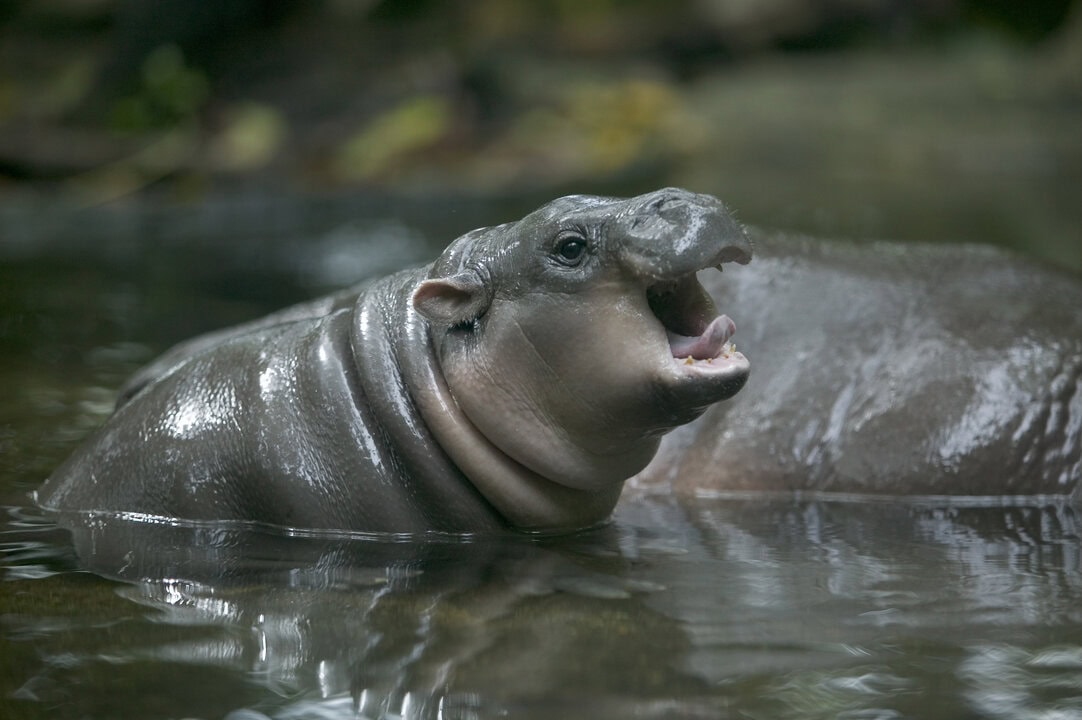


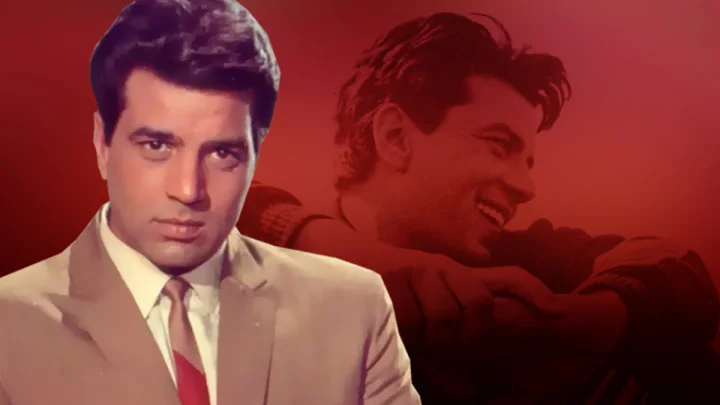
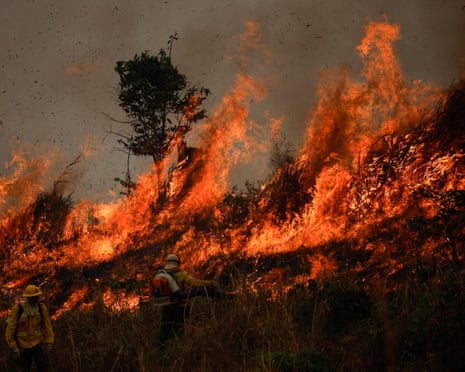
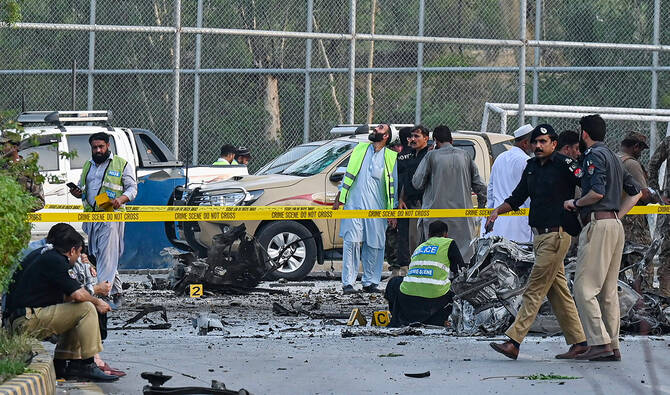


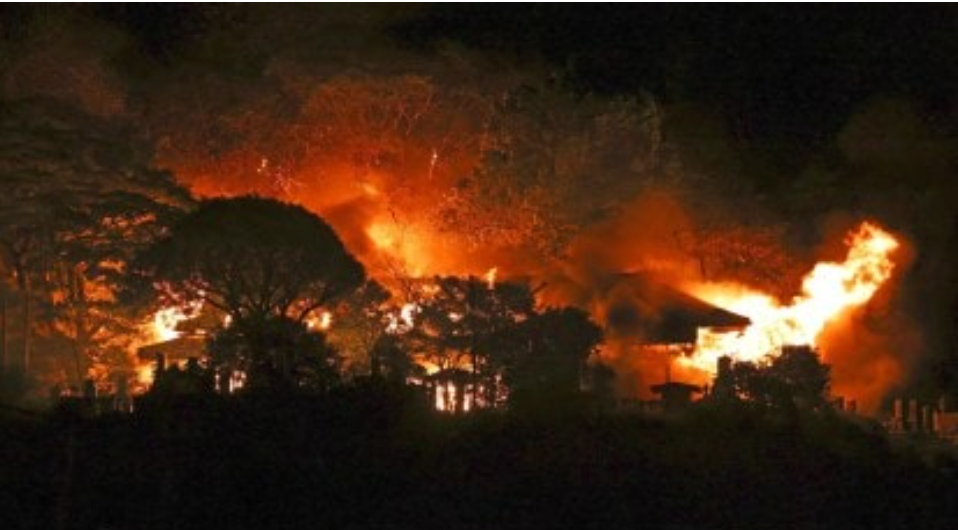




Leave a Reply